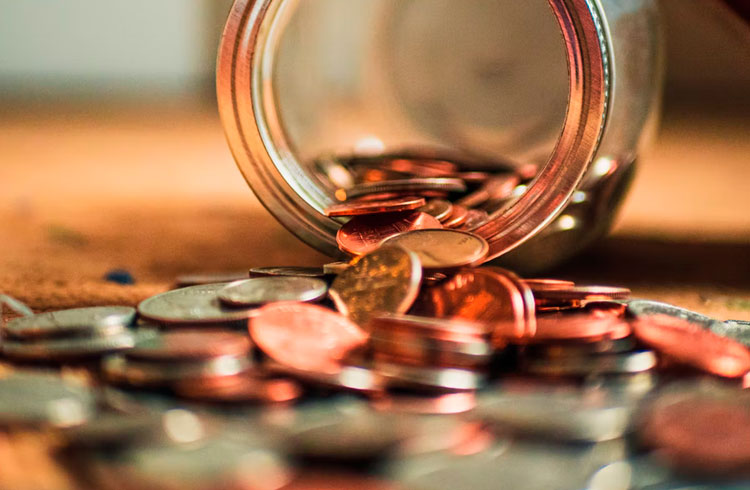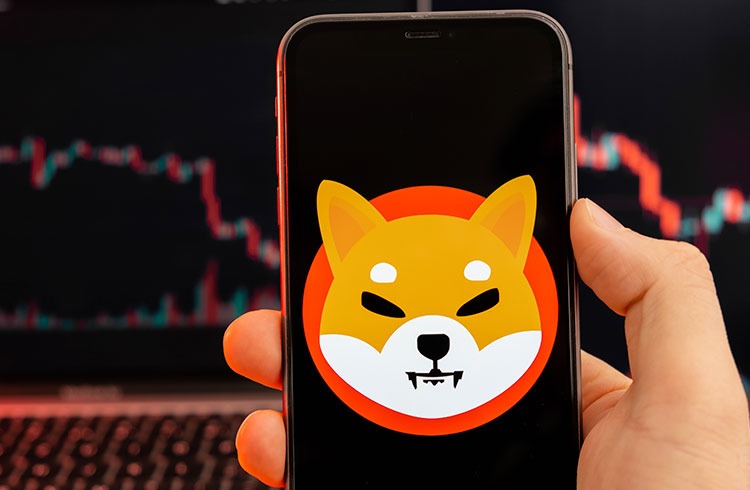A blockchain consists of many components, all of which are important to help the technology work. One of these components is the timestamp.
What is a timestamp in the blockchain?
A timestamp is used to assign a date and time to a block in the blockchain. This time is measured in “Unix Time”. This is the number of seconds that have elapsed since January 1, 1970 – the time when the Unix operating system or its calendar started. At the time of writing this article, Unix time is 1688190172 (July 1, 2023 at 6:42 UTC).
The time stamp ensures the integrity and authenticity of the blocks and their uniqueness. The timestamp also shows when a block was validated and released by the miners. The integration of the timestamp ensures that each block has a unique place in the blockchain and cannot be manipulated afterwards. Ultimately, this stamp plays an essential role in maintaining the trust factor in blockchain systems.
But the transactions themselves also have a time stamp. Because when a transaction is created, the exact time of creation is recorded in the form of a digital signature. This signature is based on the content of the transaction and the current timestamp. This ensures that the transaction took place at a specific point in time and cannot be subsequently changed.
Timestamp in the Bitcoin Genesis block
The Bitcoin Genesis Block, i.e. the very first Bitcoin block that was ever mined, and its successor also have a special feature with regard to the timestamp.
Because normally the average time between two blocks is about ten minutes. However, the time stamp of the second block is a full six days behind the first block. According to this time, the blockchain must have stood still for six days.
Why this is so has not yet been clarified. One of the theories is that Satoshi Nakamoto mined a few test blocks in the meantime, which he later deleted before restarting the blockchain six days later. Is it actually true? Only the Bitcoin inventor himself knows that.
- Russia to Slap a 15% Tax on Crypto Gains – The Bear Wants Its Share - November 20, 2024
- 70% of Airdrop Tokens Are Profitless—Here’s Why Your Freebies Might Be Worthless - November 19, 2024
- The Most Important Cryptocurrency News of November 14, 2024 - November 15, 2024























